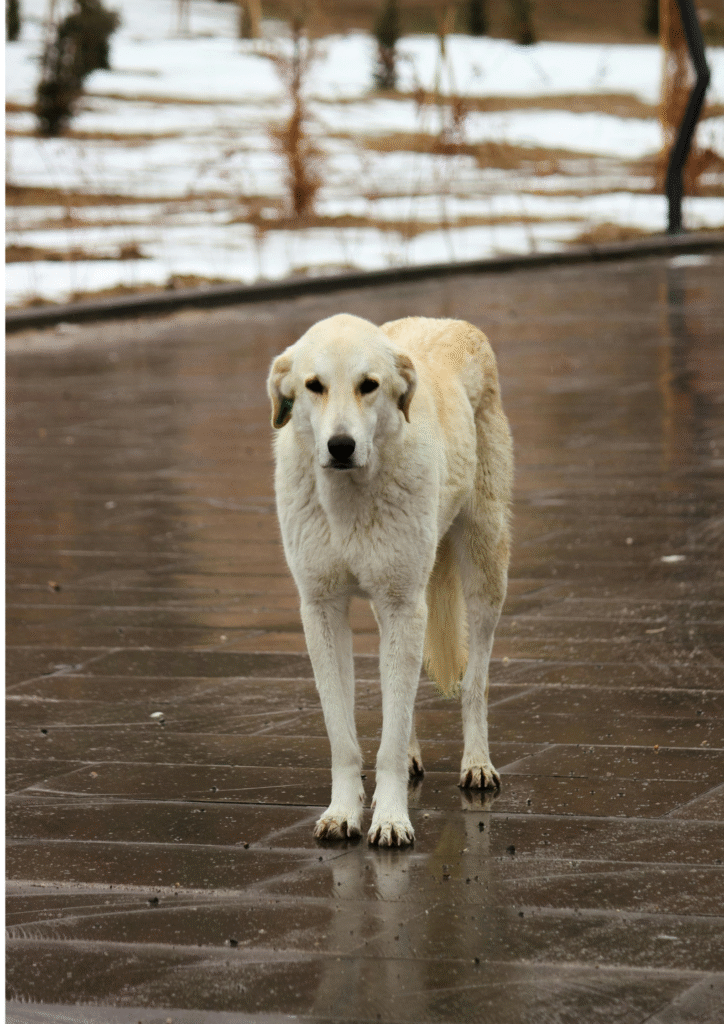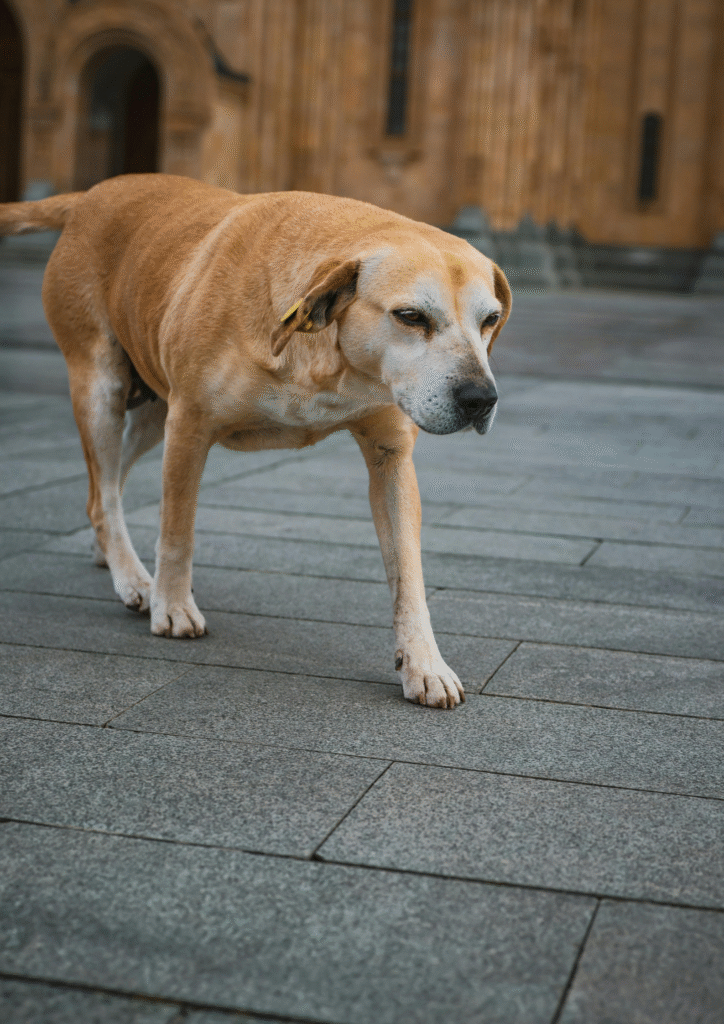Generally, a dog’s nature is sociable, loyal, and playful. They love being around humans and form strong emotional bonds with them as well.
But are all dogs the same? The answer is no!
Some breeds are naturally introverted. But other than that, the dogs that have built-in mingle qualities also prefer solitude. So, is your parenting bad here? No, the truth is your dog is a loner, but most pet parents think it’s a nurturing mistake when it’s not. In this article, we will explore some facts about a lonely dog.

Reasons why your dog is a loner?
Well, there are so many reasons that justify why your dog is a loner. Some dog breeds are naturally loners that prefer to be independent, such as greyhounds, Basset Hounds, Great Danes, and Shiba Inus. These dogs are naturally introverted and often enjoy their own company. Similarly, many dogs have to be conditionally alone because of the responsibilities they have, such as guarding, herding, and being cattle dogs. Other reasons include lack of socialization from the initial developing stage; some have past traumatic experiences, and you often find these dogs in shelters because they are left alone by their own family, and some have boredom and longer isolations.
Sometimes, dogs have fearful behavior too from childhood, and some may be due to age-related issues such as pain and other medical conditions.
Here, one thing to keep in mind is that dogs are like humans. The dog, which is goofy and playful in childhood, is necessarily not the same as an adult. But that does not mean they have some issues, or your parenting is not that good. It’s all about enjoying their own space the most.

How to find if your dog is a loner or just fearful?
A loner dog and a fearful dog look the same at first, but they are not. You can easily check if your dog is a loner or has a fearful personality with some behavioral traits, like
• A loner dog is reserved but is not fearful when having interactions with other people, whereas a fearful dog tries to hide itself or just runs away from the situation.
• A loner dog loves being alone, even if he is at a park around other dogs, but a fearful dog might be anxious being around peers; they may preemptively bark to prevent other dogs’ approaches.
• A loner dog may regard someone with a sniff and then maintain a distance for future interaction, whereas a fearful dog avoids such contact in the first place.
• A loner dog poses confidently around people, whereas a fearful dog shows physical signs such as flattened ears, lip-licking, a tucked tail, or even trembling when exposed to the outside world.
Living with a dog who prefers solitude.
If your dog is a loner, you have to be careful about some facts; otherwise, this will push them to their destructive behaviors or may cause a serious, dramatic change in their well-being.
1. Respect natural boundaries
Like humans, some dogs have their own boundaries, and it’s your responsibility not to force them into social interactions. It will end up creating tension between your dog and the people you want your dog to mingle with.
2. Stay on a set schedule
Do not alter their established routine. Even small changes in feeding, playtime, walking, and sleep may cause stress and anxiety to the dog.
3. Maintain familiar settings
Do not disturb their actual crate setting, and don’t suddenly put your dog into a new crate. Being comfortable in their own kennel needs quality crate training, which you have to teach them every time you have a different consistency in their space.
4. Avoid punishments
Avoid punishments, especially if your dog is a loner; instead, use positive reinforcement techniques to prevent animal-human bond damage, anxiety, aggression, and potential harm to your dog.
5. Have open spaces at home
Avoid closing doors, windows, and curtains; this will hinder their observation of the outside world, making them more frustrated and aggressive, and they will end up feeling trapped in their own home.
6. Avoid last-minute treats
Last-minute treats only worsen the separation anxiety by connecting the treat to the departure; instead, you can reward them for their calm behavior or give them a chew toy to distract them from your sudden leave.
7. Don’t force them to play with other dogs
If your dog is a loner, it may not agree to play with other furry mates because of its introverted nature. Don’t force them for unnecessary interactions; otherwise, they might encounter rigid dogs that don’t take no for an answer.

How to cope with an introverted dog?
1. Structured schedule
Sticking to the routine of walking, feeding, and sleeping lowers the stress level in dogs and provides them with a sense of safety and stability.
2. Intellectual engagement
Providing your dog with their favorite toys and puzzle feeders reduces instant boredom, climactic activities, and destructive behaviors.
3. Relaxing space
If your dog is a loner, then a personal relaxing space helps them a lot to cope with anxiety and feeling overwhelmed.
4. Poised presence
Your dog generally sinks into negative thoughts when you leave your home. It is important to maintain a peaceful aura during departure and arrival to avoid adding stress to your furry friend.
5. Physical exercise
Ensure your dog gets enough exercise every day, as it calms the mind, relaxes the body, and helps them sleep peacefully whenever they want.
6. Provide healthy food
Food impacts the behavior of all living beings, and so it is for dogs, too. Providing healthy food maintains their energy level, avoids irritation, and promotes a happy mood.

Final words
If a dog is a loner, then it’s not a negative trait. In fact, they are very selective with their affections and have a stronger feeling of attachment to their family members as compared to a normal goofy dog. Every dog has its own unique way to show its love, and so does a loner dog, too, although this may be disappointing for some pet parents. Any dog in this world will never let you feel unloved, even if they themselves are broken inside.

